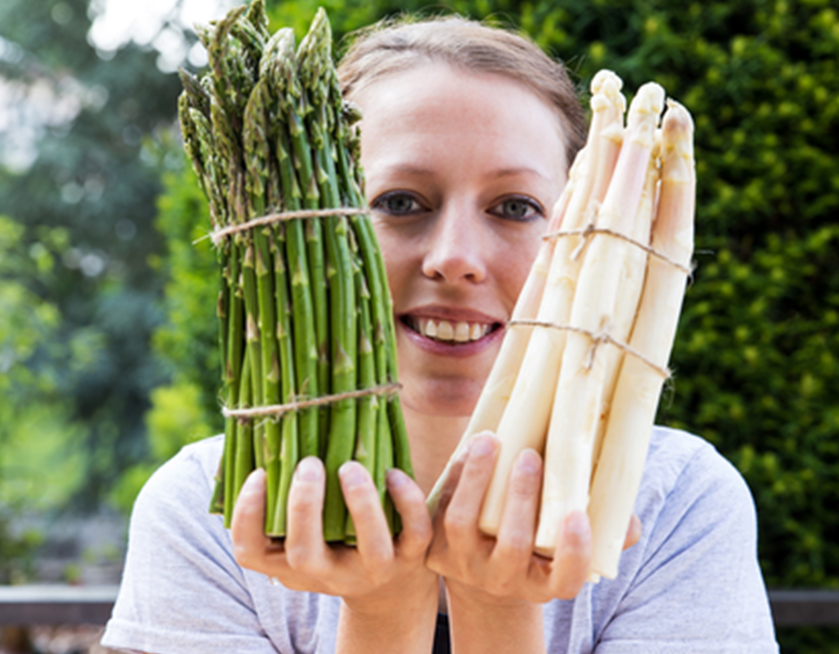Ask any dermatologist “how does nutrition affect my skin?”, and he or she will tell you there is a long list of “common” skin issues that can result from nutrition problems. “Nutrition” means the things we put into our mouths, and our diet is often the first place a skin expert looks when we complain about dry, unhealthy-looking skin. So what does all this mean?
It means, you are what you eat. That’s the simple answer. But maybe you’ve been eating essentially the same diet for years and only recently begun to experience rough skin along with some flaking, scaling or itchiness. As we age, foods that didn’t cause adverse reactions years ago may do so now. It’s also possible that the overall hydration supplied by your previous years-long diet is no longer adequate.
How to get on top of skin and nutrition
Before you start buying expensive skin creams and lotions, let’s look at what’s going into your body. Assuming you aren’t taking some of the prescription drugs that have known side effects of drying out the skin, let’s first review nutritional compounds and other things that can cause a decrease of water in the body.
Coffee: Coffee is a diuretic. It stimulates the body to eliminate water.
Alcohol: Like coffee, all forms of alcohol have diuretic effects.
Salt: This one is all around us. Water is needed to flush salt from the body, so it’s common to notice dry skin issues if your salt intake is high. For example, soy sauce, processed meats, canned soups and fast foods all contain high levels of sodium. Cut your salt intake, and keep your water.
Asparagus, artichokes, celery and parsley: These vegetables have a diuretic component. It’s unlikely they’ll cause serious dehydration, but they can play with your water balance if you consume them in excess.
Sweat loss: Athletes know how quickly the body can get dehydrated during vigorous physical activity. Even if you’re not an athlete, if you engage in activities that cause you to sweat a lot, that means water is leaving your body without it being replaced. At all times around the clock, we’re losing moisture through our skin and our breathing; periods of heavy sweating compound the issue.
Solve skin problems with better nutrition and lifestyle habits
Here are some ways to make sure you’re staying fully hydrated:
- Critical first step – drink enough water. Sixty-four ounces is the general recommendation, but many factors can cause your need to be greater. Experiment and find the amount that’s ideal for you and your skin.
- Eat more plant-based foods. Aside from the above-mentioned vegetables, the wide selection of fruits and vegetables available will help you stay hydrated, because a large percentage of their makeup is water, same as your body.
- In stubborn cases, use a top-quality moisturizer and switch to a milder soap (such as Dove) that won’t be so drying to your skin.
The majority of dry-skin problems can be solved fairly easily with dietary and lifestyle modifications. If this problem or other skin-related problems persist, it’s always smart to consult a dermatologist, who can determine with accuracy what’s happening on your skin and in your body.
Skin and nutrition go hand-in-hand. To speak with an expert about your skin issues, contact us. DermSurgery Associates of Houston is standing by.


Leave a Reply